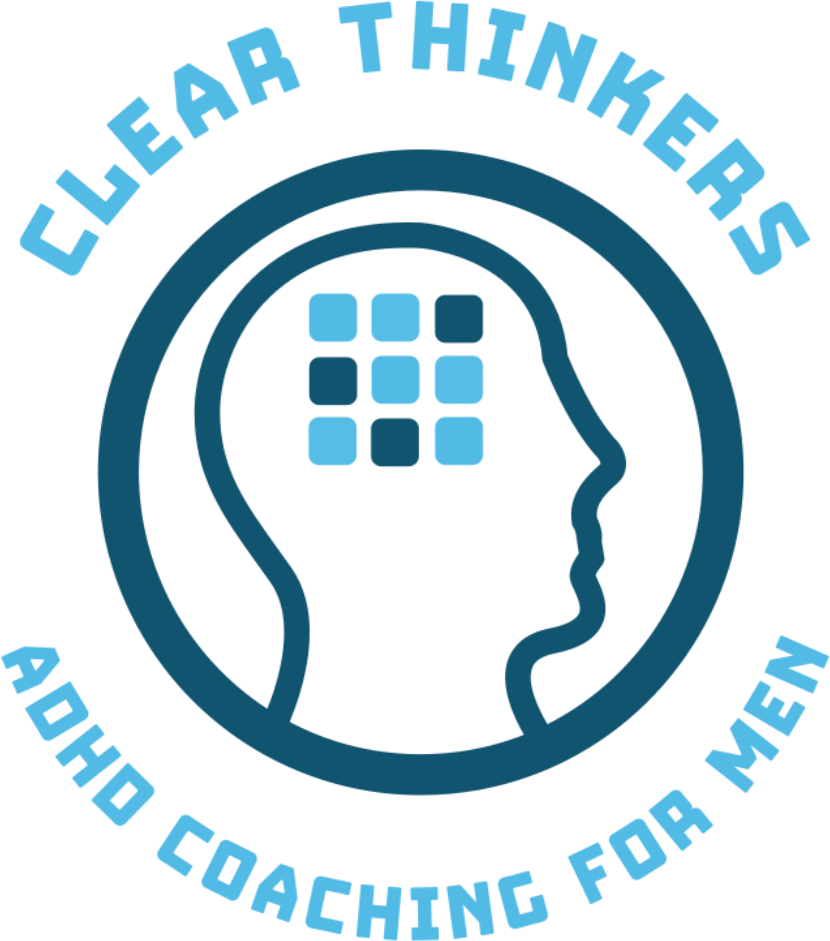ADHD, or Attention Deficit Hyperactivity Disorder, is often misunderstood, especially when it comes to how it manifests in men. While ADHD affects both genders, the symptoms, behaviors, and even brain chemistry can present differently in men. This article will dive into these unique aspects, revealing how ADHD shapes men’s lives and offering practical coping strategies.
Learn more about how ADHD affects adults at Zeitlin Coaching.
What is ADHD in Men?
ADHD is a neurodevelopmental disorder characterized by difficulties in maintaining attention, impulsivity, and hyperactivity. While it may develop in childhood, it often continues into adulthood, presenting unique challenges for men.
- Impulsivity and Risk-Taking: Men with ADHD often display impulsive behavior and a higher tendency for risk-taking. This is driven by differences in dopamine pathways, a key neurotransmitter that affects motivation and reward systems.
- Emotional Regulation: Men may struggle with emotional regulation, often leading to outbursts or mood swings. Behavioral patterns such as anger or frustration can result from the difficulty in managing impulses and processing emotions effectively.
To gain deeper insights into ADHD behaviors in adults, visit Zeitlin Coaching’s Executive Function page.
How Brain Chemistry Affects ADHD in Men
ADHD in men is significantly influenced by brain chemistry, specifically the neurotransmitters dopamine and norepinephrine.
- Dopamine Deficiency: Dopamine plays a critical role in regulating mood, motivation, and reward. Men with ADHD typically have lower levels of dopamine, which explains their tendency toward thrill-seeking or impulsive behaviors. The brain is essentially “searching” for that reward or stimulation it lacks.
- Norepinephrine Imbalance: Norepinephrine affects attention, focus, and alertness. An imbalance in this neurotransmitter can lead to difficulties in maintaining sustained attention and organizing thoughts, which are common symptoms of ADHD in men.
Understanding these chemical imbalances can lead to better treatment approaches. To explore more about ADHD treatment options, visit Methods & Services.
Symptoms of ADHD in Men
ADHD symptoms in men can vary widely, but some common ones include:
- Hyperactivity: Men may feel restless, often engaging in physical activity even when it’s not appropriate. This behavior is fueled by the need for constant stimulation.
- Impulsivity: Impulsive decisions are frequent, often leading to consequences that may not have been fully considered.
- Inattention: Difficulty focusing on tasks, particularly those that lack immediate rewards, is a common struggle.
- Forgetfulness: Men with ADHD may often forget appointments, deadlines, or important details, impacting personal and professional life.
- Emotional Outbursts: Due to challenges with regulating emotions, outbursts of anger or frustration can occur without much warning.
For more about how ADHD present in students and teens, check this page.
Behavioral Science: ADHD’s Impact on Behavior
From a behavioral science perspective, ADHD in men is often linked to impulsive behaviors and difficulties with executive functioning. Executive function involves the mental skills required for planning, organization, and self-control. Men with ADHD often exhibit weaker executive functioning, leading to challenges such as:
- Difficulty planning: Struggles with setting goals and creating steps to achieve them.
- Poor time management: Often misjudging how much time tasks will take.
- Procrastination: Avoiding tasks that seem tedious or overwhelming.
At Zeitlin Coaching, we help clients develop strategies to enhance executive functioning. Learn more about our approach.
Coping Strategies for Men with ADHD
Addressing ADHD in men involves a combination of lifestyle changes, behavioral strategies, and, in some cases, medication. Here are practical strategies:
- Break Tasks into Steps
Breaking tasks into smaller, manageable steps can make them feel less overwhelming. Use apps and tools like task managers to maintain focus and motivation. Explore useful tech tools and apps here. - Engage in Regular Exercise
Physical activity increases dopamine production, which can improve focus and reduce impulsivity. Activities like running, weight training, or even brisk walking can be highly beneficial. - Create a Routine
Establishing a daily routine helps reduce the uncertainty that men with ADHD often face. Consistent wake-up times, set meal schedules, and structured work hours can make a big difference. - Mindfulness and Meditation
Mindfulness techniques can help men gain better control over impulses and emotions. Meditation, even for a few minutes a day, can enhance focus and emotional regulation. - Nutritional Adjustments
Diet plays a role in managing ADHD symptoms. A diet rich in omega-3 fatty acids, lean protein, and low glycemic index foods can improve cognitive function. Explore more about ADHD and diet here.
For personalized coaching to manage ADHD better, book a session with Zeitlin Coaching.
ADHD in men is a complex blend of unique behaviors, brain chemistry, and challenges. Understanding these aspects is essential for developing effective coping strategies. Whether you’re struggling with impulsivity, inattention, or emotional regulation, there are ways to manage ADHD and live a fulfilling life. With the right support, men with ADHD can learn to harness their strengths and thrive.Explore how Zeitlin Coaching can help you make meaningful progress by visiting our website.









